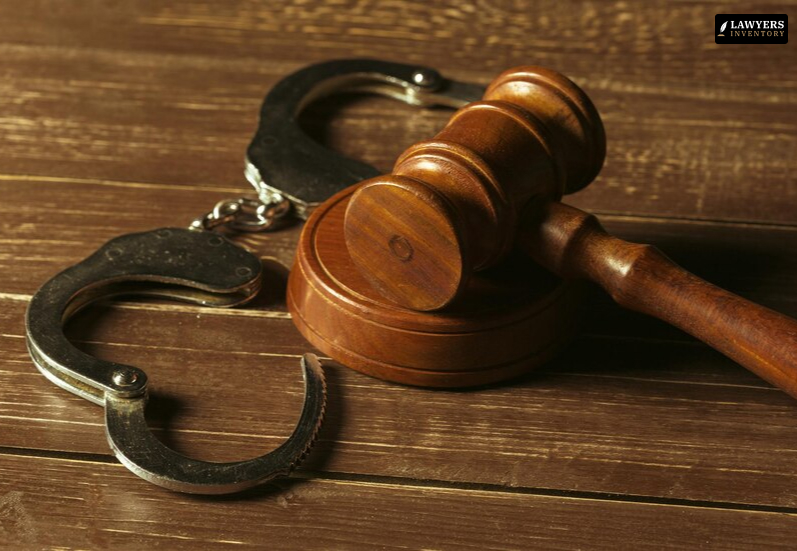
A strong defense can make all the difference between freedom and incarceration. Every person charged with a white-collar crime should know the basic principles of such defenses. Here, we’ll elaborate more on the generally employed strategies of white-collar crime defense.
Overview Of White-Collar Crime Charges

White-collar crime includes all non-violent, committed-for-profit crimes. Common perpetrators of such crimes are people in positions of trust; their crimes deceive and abuse the trust placed in them.
However, the common charges for a white-collar criminal include fraud, embezzlement, insider trading, and money laundering. The consequences of these crimes can involve very heavy fines and long prison sentences.
Steps To Be Followed Immediately When Accused
If one gets a charge with a crime, they must get experienced legal counsel, capable of constructing a good defense. Retain all relevant documents and communications. These could be critical evidence in one’s case.
Also, refrain from mentioning or discussing the case in public or on social media. The court may accept the words of anything against an accused individual. Consequently, those actions alone can significantly impact the defense’s outcome.
Common Defense Strategies
This section discusses some of the common defense strategies that an individual can apply to be on the safer side.
Lack Of Intent
A main technique of defense in white-collar crime is proving a lack of criminal intent. In other words, such a defense proves that the defendant did not commit the work with harmful intentions. The intent is a necessary element of many white-collar crimes, and lacking this element, the prosecution’s case may crumble.
For instance, a defense can reach a judge or jury in convincing them that accounting errors were accidental. Moreover, the accused can defend that they performed the act out of carelessness rather than with malicious intent.
Lack Of Evidence
Other common and effective measures are to challenge the evidence produced by the prosecution.
San Diego legal experts in white collar crime would go into every kind of minute detail and look for flaws, inconsistencies, or any other reason that would not make the evidence believable. This could question the approach of evidence collection.
Furthermore, questions may crop up on the chain of custody or the accuracy of the information.
By undermining the prosecution’s evidence, the defense could raise reasonable doubt about the defendant’s guilt, which could result in dropped or reduced charges.
Entrapment
The police creates the situation of entrapment. In this case, circumstancs compel an individual to comit a crime. Initially, the person was not contemplating it.
This is a stronge defense in cases where there are such things as undercover or sting operations being introduced.
However, to successfully allow for a defense through this, one would need to prove one’s innocence sufficiently. It was actually law enforcement who introduced the idea that the accused was not predisposed to committing the crime.
For instance, a defense could be successful in a case where the undercover officer entrapped the bank manager to do the fraudulent transactions.
Entrapment can be the best defense in cases where the defendant can conclusively show undue influence by the authorities.
Duress Or Coercion
In other cases, a defense is a claim by the accused. They say they were being compelled to do the crime under the threat of harm.
It is difficult to prove that an accused person was acting under a threat of harm. Furthermore, the accused could not reasonably avoid the said harm without committing the crime. This is proof that the accused was under an immediate threat.
An employee may argue that he embezzled funds because his superiors threatened them. The only way for such an argument to fly is if there is clear evidence of the coercion.
Mistaken Identity
One of these defenses is also mistaken identity. In that case, the defendant is the wrong person whom the court accuses of being criminal.
In addition, modern forensic analysis, such as DNA tests and digital forensics, could prove that the defendant did not commit the crime.
Another example is the establishment of evidence for alibis by the defendant, wherein he is proven to have been in a different place when the crime happened.
For example, a financial analyst proved to have not been the one at the scene of the crime; hence, he was acquitted of all fraud charges.
Role Of Expert Witnesses
Expert witnesses quickly become the most valuable weapon in the defense against white-collar crimes. Forensic accountants display inconsistencies in financial records, industry experts provide context and evoke complicated transactions, and psychologists testify about the defendant’s mental state.
These witnesses boost the defense into very credible territories. Moreover, these witnesses can sometimes convince the jury solely based on professional, authoritative case views.
Preparing For The Trial
The preparation is as good as the defense: that is, to collect all the necessary evidence, prepare the witnesses, and conduct a mock trial anticipating the arguments of the prosecution.
Thus, you prepare the major strategies and know the dynamics in the courtroom.
Mock trials help in practicing and refining strategies so that the defense team can prepare for anything that may happen during the real trial.
Post-Trial Considerations
An appeal is a second chance for a review of one’s case all over again in an appellate court.
Legal mistakes can be issues for an appeal to the lower court hearing the case or new evidence. Post-trial, strategies to rebuild one’s personal and professional reputation are important.
Some of these are public relations efforts, and professional reintegration plans that help support and advance the defendant’s recovery.
Conclusion
The effective development of a good defense in white-collar crime cases involves a number of strategies, such as the following: proving a lack of intent, challenging evidence, and using expert witnesses.
The two most important things are a good defense and good legal representation.
If you or someone you know is facing charges of white-collar crime, then expert advice from a white-collar crime lawyer is the first and foremost step to maneuver through this challenge.
Read More…
What Should You Do After a DUI Arrest?
Understanding Expungement Law: A Complete Guide for Beginners
How a San Diego Criminal Defense Attorney Can Make or Break Your Case

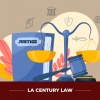





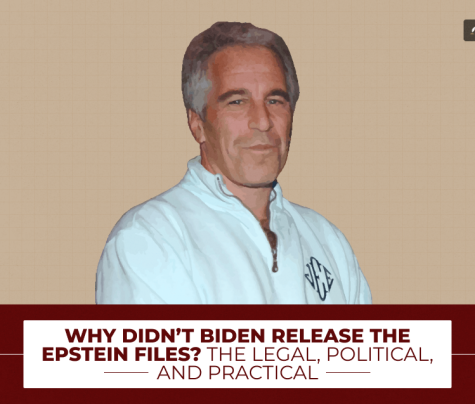
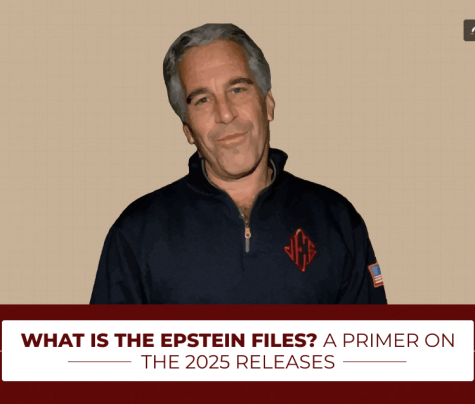

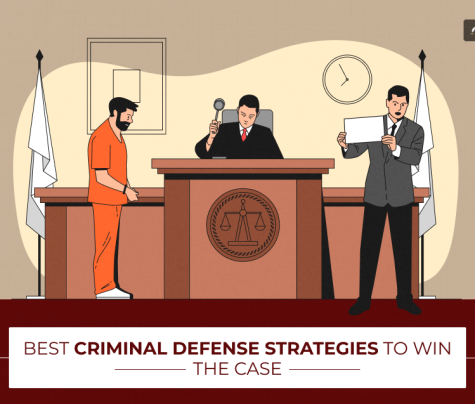
0 Reply
No comments yet.